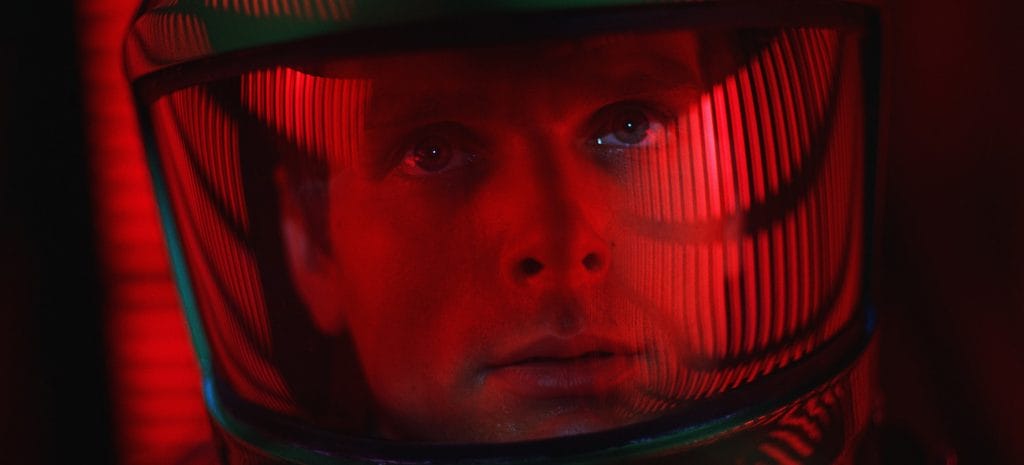Beginning today, The Peak recommends 5 of the best films according to theme. The idea of self containment is fairly obvious given our current Covid-19 restricted movement exercise but if the virus has only stirred up images of zombies and post-apocalyptic action movies, then these films give a better–and more enriching–counterbalance, whether they move you, prompt you into discourse or encourage hope and certainty that this too shall pass.

3 Colours: Blue (Krzysztof Kieślowski, 1993)
The Polish director’s homage to France and its revolutionary ideals of liberty, equality and fraternity is a trilogy based on the colours of the French national flag. Blue is the first in the series and features Juliette Binoche as a woman who has lost both husband and child in a tragic accident. Despite her attempts at isolating and disassociating herself from society, the city of Paris forces her to reconcile with her past and move into the future. The parallels drawn between the character and France could not be more telling — it is KieÅ›lowski’s message to the country, and to all of us, to understand that life goes on, even in the face of adversity. The movie won a slew of awards including the César, the Venice Film Festival and Golden Globes.

Her (Spike Jonze, 2013)
While Theodore Twombly (Joaquin Phoenix) is not physically alone, he feels isolated from the rest of his work mates even as he faces an impending divorce. He invests in a new operating system for his computer only to start falling in love with it and taking it for “dates”, while more and more cutting himself off from his physical reality. Spike Jonze explores the impermanence of modern relationships and the ennui of loneliness while giving a nod to the real-life inevitability of artificial intelligence permeating our lives. The movie was nominated for Best Picture at the Academy Awards and won for Best Original Screenplay.

The Dreamers (Bernardo Bertolucci, 2003)
This homage to movies and New Wave cinema casts an insular eye on the Paris student riots of 1968, specifically on three students, one of whom, an American exchange student, is lured into the home of the other two, a brother and sister, while their parents are away. What ensues becomes a bitter-sweet, even dark, awakening for all three. The students’ lives are inextricably linked by film, the one passion they can control. The controversial material of the movie was drawn from screenwriter Gilbert Adair’s novel The Holy Innocents and its theme of loneliness and isolation was not new to Bertolucci who gained notoriety for Last Tango In Paris.

Taxi Driver (Martin Scorsese, 1976)
The original Joker is a masterful exercise in filmmaking and an obvious choice for this list. Scorsese explores the life of a taxi driver, Travis Bickle, (Robert De Niro) who is increasingly disenfranchised with crime-infested New York City, the city where he makes a living, and spirals into mental illness. In preparation for the roll, the famously fastidious De Niro obtained a driver’s license, lost 35 pounds and listened to interviews of Arthur Bremer whose attempt to assassinate George Wallace in 1972 left the U.S. Democratic presidential candidate permanently paralysed from the waist down. There is still some debate as to whether Travis Bickle had imagined himself as a folk hero or perished in the shootout of the final scene. Watch it and tell us what you think.

2001: A Space Odyssey (Stanley Kubrick, 1968)
Arguably the greatest science fiction movie ever made, Kubrick’s tour de force is helped by the script he cowrote with Arthur C. Clarke and based on the sci-fi author’s short story, The Sentinel. Five astronauts embark on a lonely mission to Jupiter without a clear sense of purpose. Two of the astronauts on duty start to believe that their central control system, HAL, is malfunctioning, not realising that the system knows more than it is revealing. The plot may be simple but the movie deals with complex ideas of technology, AI, existentialism and evolution. The film’s scientifically accurate depiction of space flight was lauded by critics, its idea of extraterrestrial life aided by Carl Sagan while its special effects were considered pioneering for its time.



